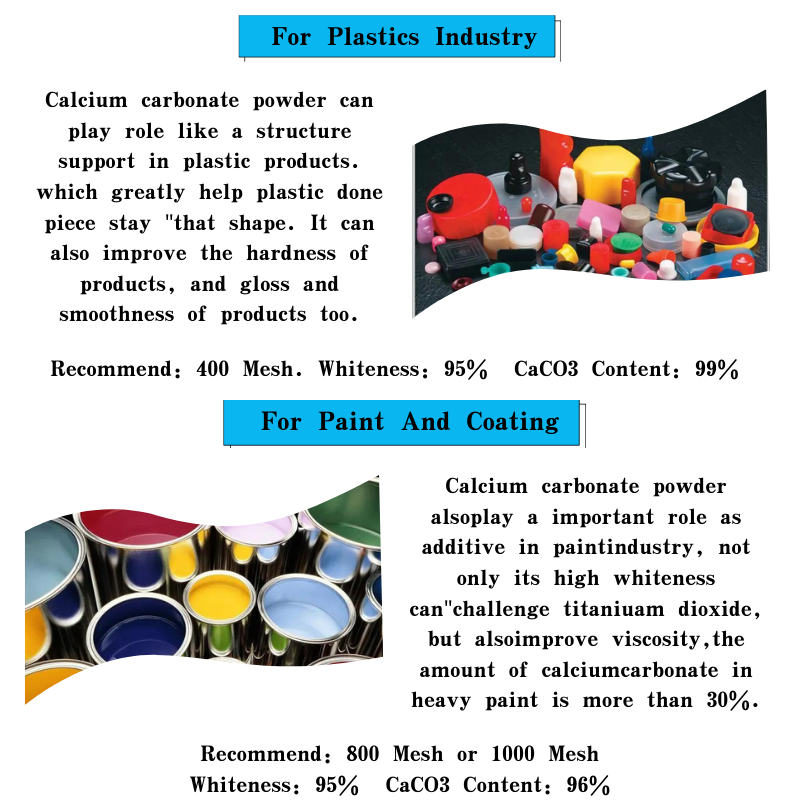
Exploring the Diverse Uses of Aluminium Oxide in China’s Industry and Technology
Applications of Aluminium Oxide in China An Overview
Aluminium oxide, commonly referred to as alumina, is a versatile compound derived from bauxite. In China, the production and utilization of alumina have surged, cementing its position as a vital material across various industries. This article explores the diverse applications of aluminium oxide in China, showcasing its significance in modern technology and manufacturing.
1. Aluminium Production
One of the primary uses of aluminium oxide in China is within the aluminium production industry. China is the largest producer of aluminium globally, and alumina is the key raw material used in the Bayer process to extract aluminium metal. The process involves refining bauxite to obtain alumina, which is then subjected to electrolysis to produce aluminium. Given the country's extensive bauxite reserves and investment in refining capacity, the aluminium sector significantly contributes to China's economy, with alumina serving as its backbone.
2. Ceramics and Refractories
Aluminium oxide's high melting point and excellent mechanical properties make it ideal for ceramics and refractory applications. In China, alumina is extensively used in the production of advanced ceramics, including dental ceramics, electrical insulators, and cutting tools. The growing demand for high-performance materials in electronics, healthcare, and automotive industries has spurred the development of alumina-based ceramics. Furthermore, alumina refractories are crucial in industries such as steelmaking and glass production, where they withstand extreme temperatures and corrosive environments.
3. Abrasives
The abrasive industry in China heavily relies on aluminium oxide due to its hardness and durability. Both white alumina and brown alumina are used for manufacturing grinding wheels, sandpapers, and other abrasive tools. The rapid growth of the automotive and aerospace industries in China has led to an increased demand for high-quality abrasives for machining components. As manufacturers advance towards precision engineering, alumina's diverse grains and shapes help achieve superior surface finishes.
china aluminium oxide applications

4. Catalyst Supports in Chemical Processes
Alumina plays a crucial role as a catalyst support in various chemical processes, particularly in the petrochemical and refining industries. In China, the growing demand for energy and chemicals has led to the development of numerous catalytic converters that utilize alumina. Its high surface area and porosity provide an ideal platform for the dispersion of active catalytic metals, enhancing the efficiency of reactions. This has significant implications for the production of fuels and chemicals, contributing to China's industrial advancement and environmental sustainability.
5. Electronics and Electrical Insulation
With the burgeoning electronics market, aluminium oxide is finding increasing applications in the manufacture of insulators and substrates for electronic components. Its excellent thermal conductivity, electrical insulation properties, and chemical resistance make alumina a preferred material for printed circuit boards (PCBs) and semiconductor devices. As China evolves into a global technology hub, the demand for high-performance electronic materials continues to rise, further integrating alumina into the high-tech supply chain.
6. Environmental Applications
In recent years, the environmental benefits associated with aluminium oxide usage have gained prominence. Aluminous materials are employed in water treatment processes, helping to remove impurities and heavy metals from wastewater. Furthermore, innovative approaches are being developed to utilize alumina in the production of energy-efficient building materials. These advancements align with China’s goals for sustainable industrial growth and demonstrate alumina's potential in addressing environmental challenges.
Conclusion
Aluminium oxide is undeniably an essential material in various sectors within China, playing a critical role in the aluminium industry, ceramics, abrasives, catalysis, electronics, and environmental management. The compound's unique properties and adaptability make it a cornerstone of modern manufacturing and technology. With ongoing research and development, the applications of aluminium oxide are likely to expand, supporting China's continuous industrial evolution. As the nation drives towards technological advancements and sustainability, alumina's significance will undoubtedly grow, highlighting its imperative role in shaping the future of multiple industries.
Share
-
Premium Pigment Supplier Custom Solutions & Bulk OrdersNewsMay.30,2025
-
Top China Slag Fly Ash Manufacturer OEM Factory SolutionsNewsMay.30,2025
-
Natural Lava Rock & Pumice for Landscaping Durable Volcanic SolutionsNewsMay.30,2025
-
Custom Micro Silica Fume Powder Manufacturers High-Purity SolutionsNewsMay.29,2025
-
Custom Mica Powder Pigment Manufacturers Vibrant Colors & Bulk OrdersNewsMay.29,2025
-
Custom Micro Silica Fume Powder Manufacturers Premium QualityNewsMay.29,2025






